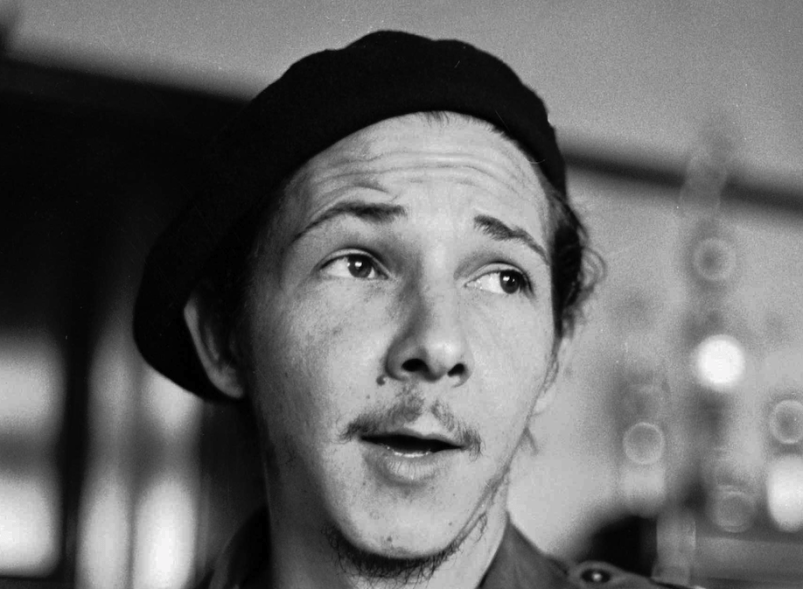This morning, I was in Havana in a room filled with Cubans watching their president, Raul Castro, announce the news that diplomatic relations with the United States would be resumed. When his speech ended, the room filled with cheers. The Cubans sang their national anthem and stood at their seats clapping with tears wetting their faces.
We then sat together and watched President Obama inform the American people that Alan Gross, an American prisoner in Cuba, had turned to the United States after five years, that he would remove layers of sanctions that had punished the Cuban people, and that the U.S. would set aside the Cold War policies of the past. When his speech ended, with Americans sitting alongside our Cuban colleagues, we cried, too.
This is the biggest diplomatic breakthrough between Cuba and the US in more than five decades. This means our countries can work together on issues that affect both nations’ interest and put this breakthrough to work in practical ways.
And this is a wonderful day for the families who have been separated far too long. On three occasions, delegations sponsored by my organization had visited Alan Gross in prison. We also met with the families of Cubans incarcerated in the United States, and it isn’t hard to imagine the joy they must feel. The story of this day is about their captivity and how negotiations made possible a reunion they have longed for.
Since Alan Gross was arrested in 2009, his case has been cited as the biggest obstacle to changes in U.S.-Cuba relations by Members of the U.S. Congress. As I have made my rounds on Capitol Hill in the intervening five years, I have been told by Republican and Democratic offices alike that Congress really is ready to act. What they needed was executive leadership. That is what both country’s presidents demonstrated to get us to this point.
Earlier this year, the world commemorated the fall of the Berlin Wall. That event offered the prospect of finally ending the Cold War, but for the deadlock in our relations with Cuba.
What happened in the United States is that the remaining voices of the Cold War—the defenders of U.S. sanctions—have been overtaken by the voices of those who want a foreign policy toward Cuba that is appropriate for this century.
Early in his term, President Obama received the Nobel Prize not for actions he’d already taken, but for actions yet to be. Given what he has been doing in foreign policy—the nuclear negotiations with Iran, the climate change agreement with China, and this agreement with Cuba, it’s now time to say that the Nobel Committee was right: he earned it.
Sarah Stephens is the executive director of the Center for Democracy in the Americas.
Lead photo: Raul Castro in January 1959.







I’ve been away for 45 years, and I had tears in my eyes as well.
It’s about frickin time.
God (will) bless Presidents Obama and Castro for this act!
Bonum diffusus est.
From the Times:
"At a news conference in Washington, Mr. Gross said he supported Mr. Obama’s move toward normalizing relations with Cuba, adding that his own ordeal and the injustice with which Cuban people have been treated were “a consequence of two governments’ mutually belligerent policies.”
“Five and a half decades of history show us that such belligerence inhibits better judgment,” Mr. Gross said. “Two wrongs never make a right. This is a game-changer, which I fully support.”"